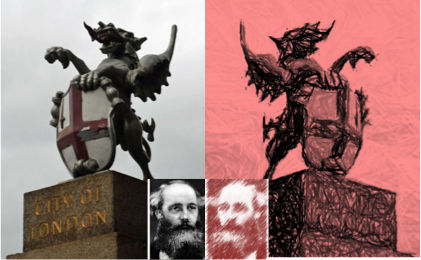Speaker
Manuel Walter
(University of Zurich)
Description
{\sc Gerda} is designed to search for the neutrinoless double beta (0$\nu\beta\beta$) decay, a lepton number violating process. It
employs bare high-purity germanium diodes enriched to 86\,\% in $^{76}$Ge directly immersed in liquid argon. Phase~I operated till May 2013
with a mean background of 1$\cdot10^{-2}$\,cts/(keV$\cdot$kg$\cdot$yr) near the Q-value. GERDA sets a new lower limit of
T$_{1/2}$\textgreater 2.1$\cdot10^{25}$\,yr (90\% C.L.) strongly disfavouring the long-standing claim of signal observation. For Phase~II, exploring half-lives up to 1.5$\cdot10^{26}$\,yr, additional 20\,kg
of broad-energy Ge detectors will be installed in late 2014. An order of magnitude lower background will be achieved
with an active liquid Ar veto and pulse shape analysis. The liquid Ar veto is a hybrid system of wavelength shifting fibres read out by
silicon photomultipliers on the one hand and wavelength shifting reflector foils with (vacuum) PMTs on the other hand.
Primary author
Manuel Walter
(University of Zurich)
